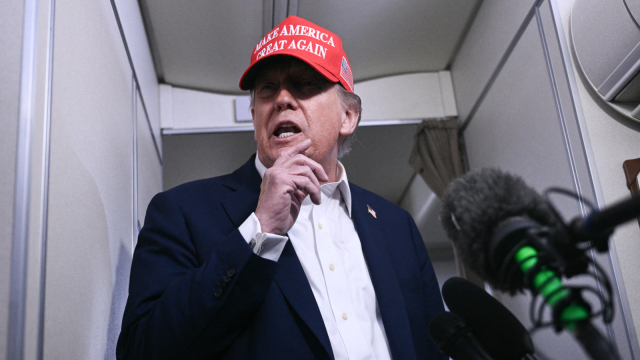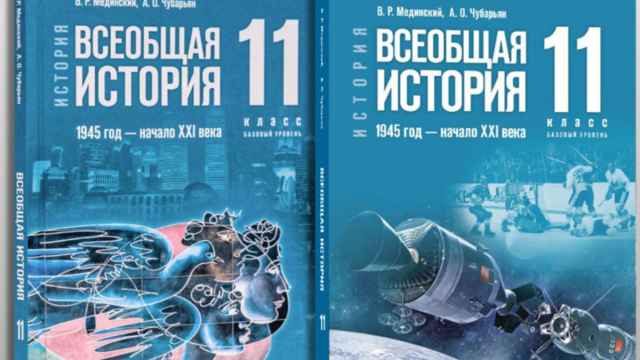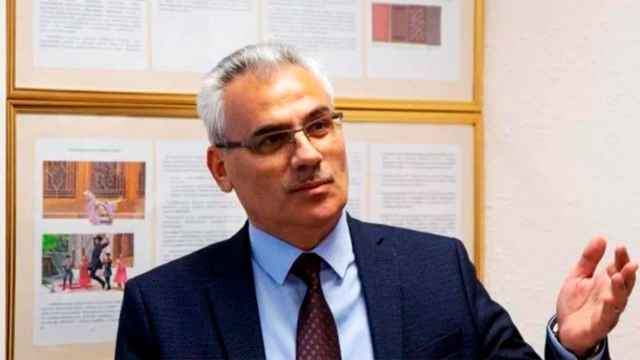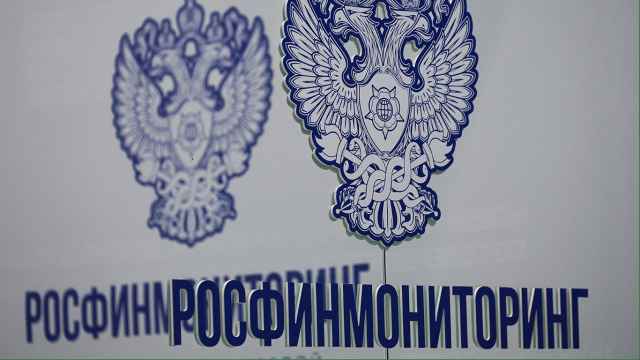YELABUGA — In this city in the Volga republic of Tatarstan, the regional government celebrated the successful courtship of yet another foreign investor when Danish insulation maker Rockwool opened a factory here Wednesday.
For all of the complaints by foreign investors about Russia's business climate and its customs maze, unreliable bureaucrats and red tape, some regions such as Tatarstan are rolling out a red carpet for foreign companies looking to set up shop here.
Companies from Denmark, as well as France and other countries, have been responding to the overtures. The Rockwool factory in Yelabuga is the company's fourth in Russia, and Rockwool says it is the world's largest production line for insulation made from stone. The Danish government, which was a co-investor in Rockwool's Russian operations until last year, is also making moves. Next month, Denmark will unveil a BRIC investment strategy, both the country's trade minister and ambassador to Russia told The Moscow Times.
"Denmark and Danish companies should be part of that growth" in the developing economies of the BRIC nations, Danish Trade and Investment Minister Pia Olsen Dyhr said after the opening ceremony. In Russia the strategy will target the health and energy sectors, which Prime Minister Vladimir Putin has singled out as key areas for economic development, she said.
On Wednesday morning, Economic Development Minister Elvira Nabiullina and Tatarstan President Rustam Minnikhanov joined Olsen Dyhr and Rockwool global chief executive Eelco Van Heel to turn a giant symbolic key in a display on the factory floor. In his speech to Rockwool's construction customers and other guests, Van Heel lauded Tatarstan's president and his "great team" of ministers for their support.
In an interview, Van Heel said Rockwool was "sniffing the economic climate" in Tatarstan when it evaluated whether the republic east of Moscow would be a suitable location for its newest Russian plant. Van Heel personally met with Minnikhanov about five times during the planning and construction of the factory, but the researching and vetting of sites for the facility was handled by Rockwool's Russian team, the Dutch-born Danish executive said.
Nick Vince, managing director of Rockwool CIS, said in a joint interview with Van Heel that he has "a list of 22 things I look for when I'm building or buying a factory."
"No. 1 — top of that list — is supportive, business-oriented authorities. Without that, don't go there," Vince said.
With the Volga area a major market for Rockwool's insulation material, "we wanted to put a factory in the Volga area," Vince explained.
They contacted "a number of administrations in different [regions]," Vince said, and settled on the Tatarstan administration. "Throughout the whole process, they've done exactly what they've promised," he said, tapping the table top for emphasis.
In 2005, Tatarstan's government created a special economic zone in the Yelabuga area, according to the Yelabuga municipal website. That zone has the physical infrastructure needed to run a business or factory, including roadways, electricity hookups, sewage and other utilities, Vince said.
"But what they also promised is support, that we would not have administrative problems that a foreign company might experience in Russia," Vince said.
Van Heel was quick to underline that Tatarstan authorities made offers of business assistance only. "Don't believe this is any hanky-panky," Van Heel said. "This is just professional support from a government that wants you here and lives up to its own procedures."
"What we're talking about is getting permits on time, not being delayed by all sorts of bureaucratic measures," he said.
Van Heel said Rockwool has access to Minnikhanov and his administration and has held troubleshooting sessions with them.
"He'll come with his 15 ministers and then 20 minutes later, we've got our five points discussed," Van Heel said of Minnikhanov and his governmental team. "Not saying that he'll say yes to everything, but if he says yes, it's solved the next day, which is very nice, as an investor, that you can get on with things."
Rockwool spent $150 million of its own money to build the Yelabuga factory from the ground up, Van Heel said. All of the cost was borne by the company. In 2011, Rockwool bought out the stake in its Russian operations that the Danish federal government had held in Rockwool since it launched its first factory here, buying a plant in Zheleznodorozhny in the Moscow region about 12 years ago.
Fielding a question about why Rockwool needs the factory in Yelabuga, Vince replied, "We're sold out."
"We're running our three existing factories [in Russia] 24 hours a day, seven days a week, and the demand is greater than we can produce," he said. "That means we have to import, and we're importing from the EU, which [means] huge transport distances plus customs duties, so build another factory!"
Besides those in the Moscow region and republic of Tatarstan, its other factories are in the Chelyabinsk region and in Vyborg.
Rockwool's factories point to a heightened attraction to Tatarstan and to the regions in general, where more and more overseas brands are building pharmaceutical plants, construction-material factories and consumer-goods plants.
Tatarstan's administration has a strong reputation as being business-friendly. Its officials "have underscored that they are happy to see foreign investors," said Dmitry Baranov, senior analyst with Finam Management in Moscow. The region is well-situated for shipping and has manufacturing know-how, as well as a trained labor force, Baranov said by telephone. It also is attracting investment because it will host the 2013 World Student Games and, like other Russian cities, is short-listed as a host city for the 2018 FIFA World Cup.
Besides Tatarstan, Russia has a number of areas that are attractive to foreign investors, Baranov said, including the Kaluga region near Moscow and the Sverdlovsk, Lipetsk and Kirov regions. Kaluga's foreign guests, for example, include Peugot-Citroen and Mitsubishi.
Denmark's ambassador to Russia, Tom Risdahl Jensen, also said companies are looking to the regions, saying the Danish Embassy in Moscow and the Danish Consulate in St. Petersburg are traveling to the regions and promoting Danish business. Danish pharmaceutical company Novo Nordisk will be cutting the ribbon on a factory in the Kaluga region on April 17, Jensen said, and he will be making trips to Chelyabinsk and Khanty-Mansiisk in the next few months.
Jensen, who also said Denmark will be adopting a BRIC country strategy soon, highlighted a reason that is leading European and other foreign investors to the Russian market and, in turn, pushing them to connect with business-savvy regions like Tatarstan: gross domestic product is rising faster in Russia than it is in developed nations.
"Russia has higher growth than we have," Jensen said.
A Message from The Moscow Times:
Dear readers,
We are facing unprecedented challenges. Russia's Prosecutor General's Office has designated The Moscow Times as an "undesirable" organization, criminalizing our work and putting our staff at risk of prosecution. This follows our earlier unjust labeling as a "foreign agent."
These actions are direct attempts to silence independent journalism in Russia. The authorities claim our work "discredits the decisions of the Russian leadership." We see things differently: we strive to provide accurate, unbiased reporting on Russia.
We, the journalists of The Moscow Times, refuse to be silenced. But to continue our work, we need your help.
Your support, no matter how small, makes a world of difference. If you can, please support us monthly starting from just $2. It's quick to set up, and every contribution makes a significant impact.
By supporting The Moscow Times, you're defending open, independent journalism in the face of repression. Thank you for standing with us.
Remind me later.





